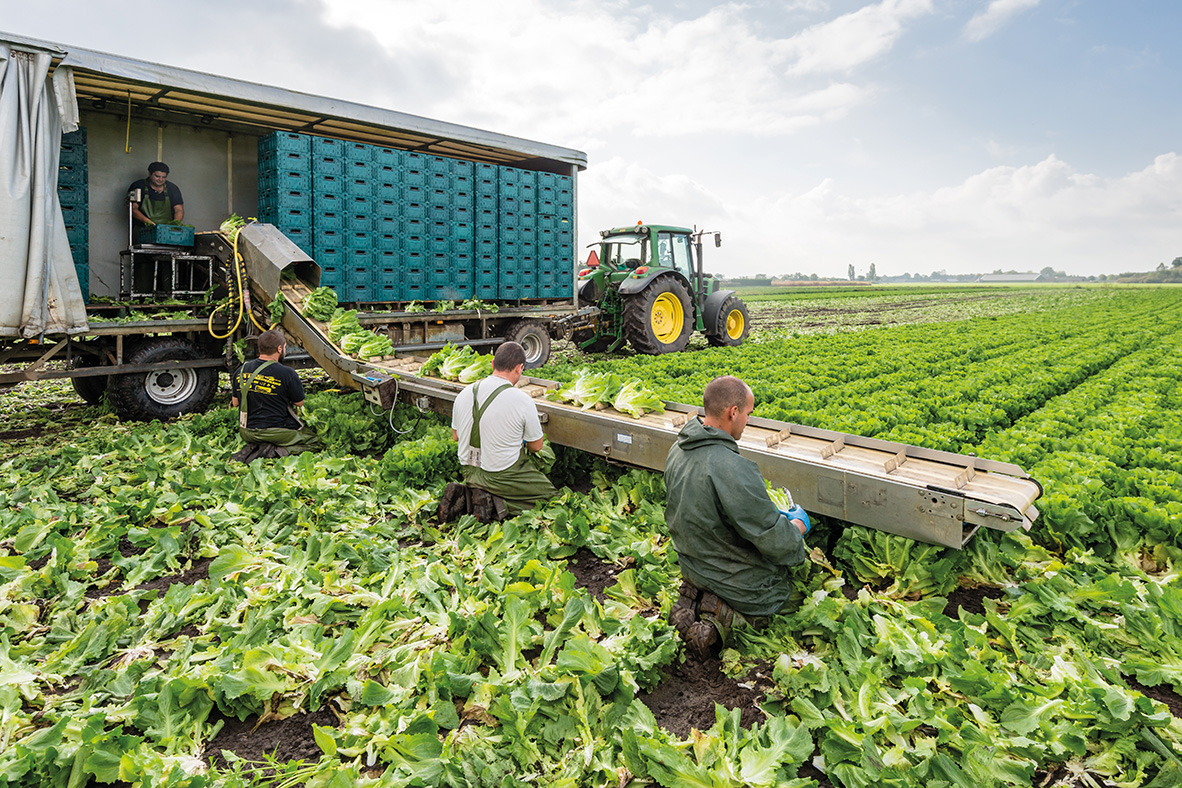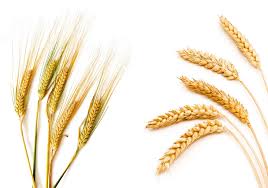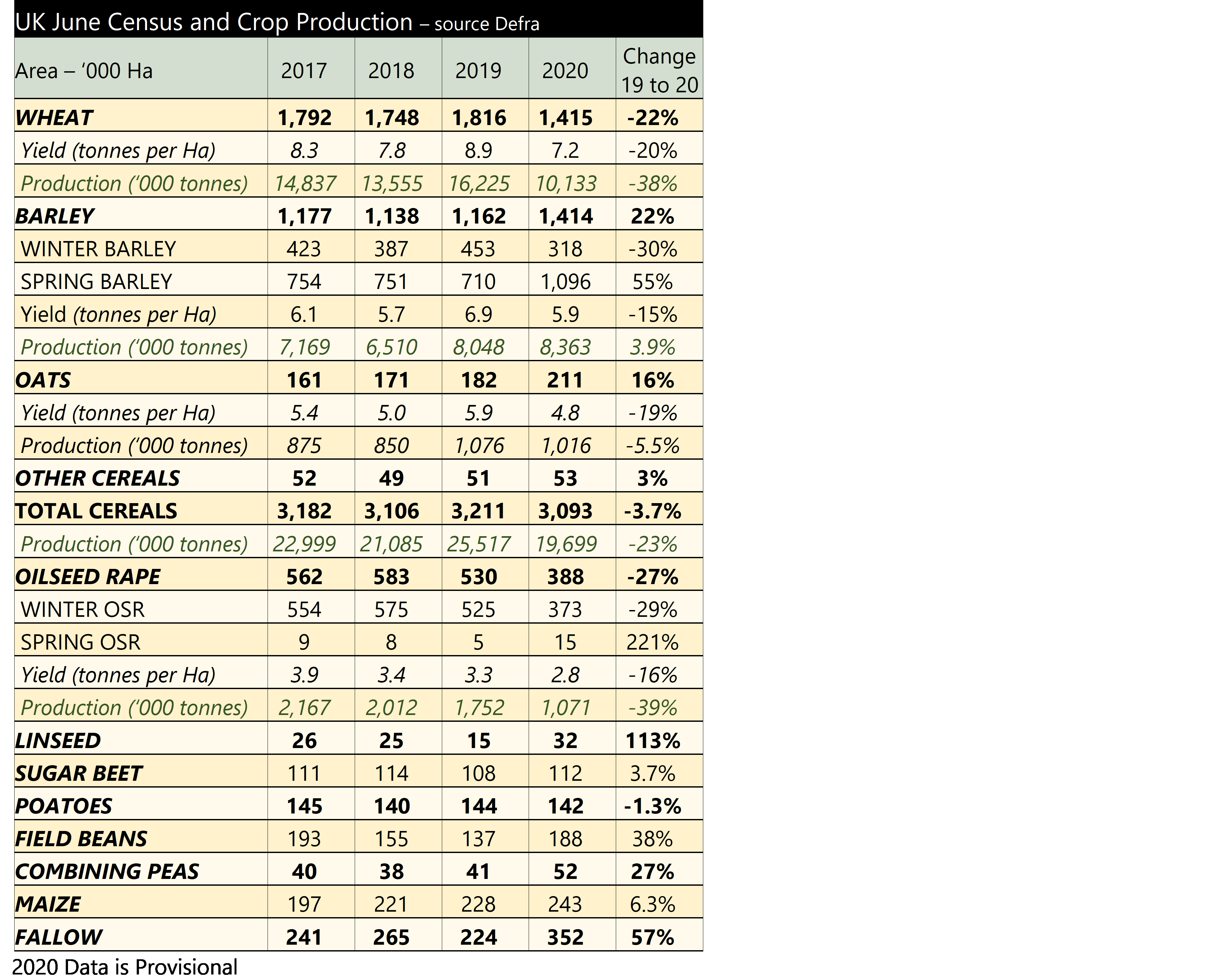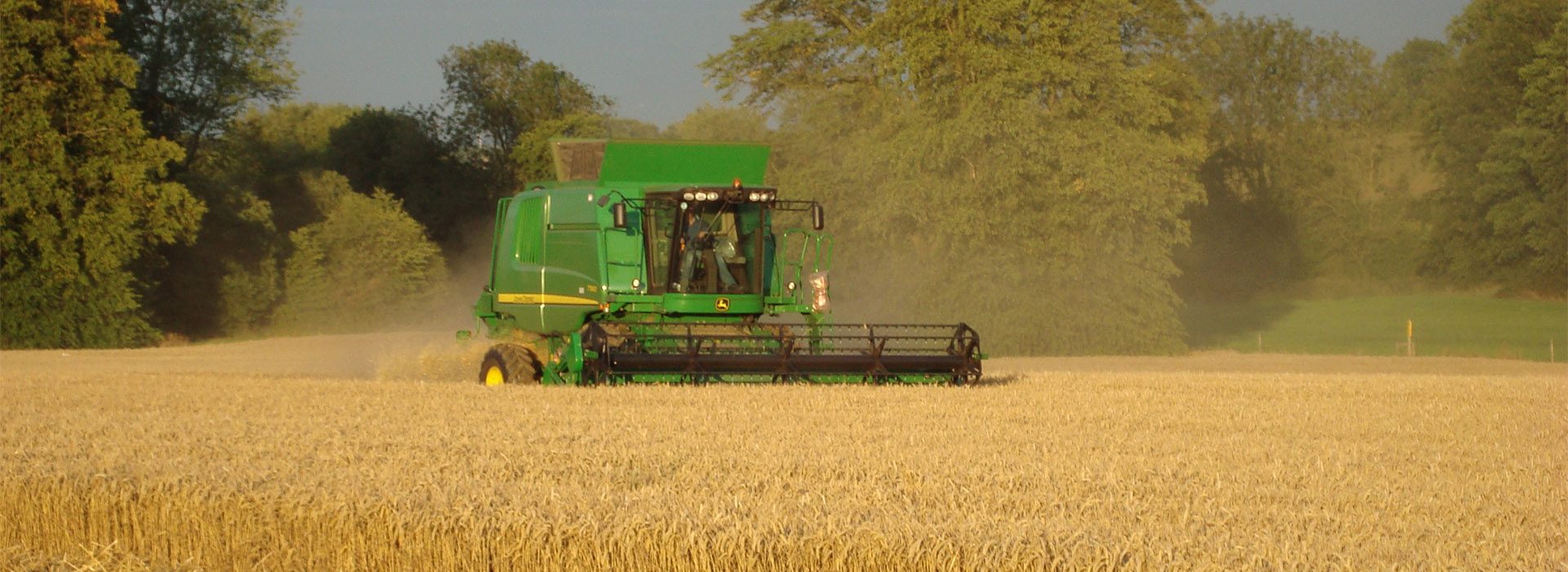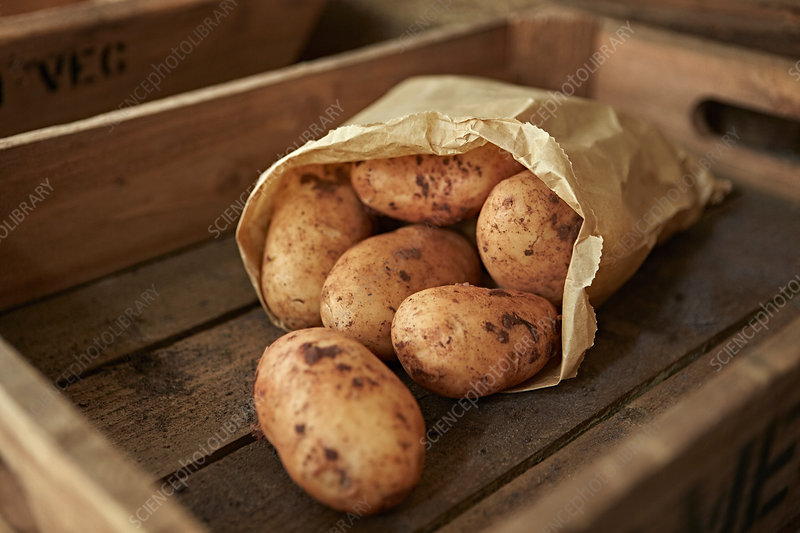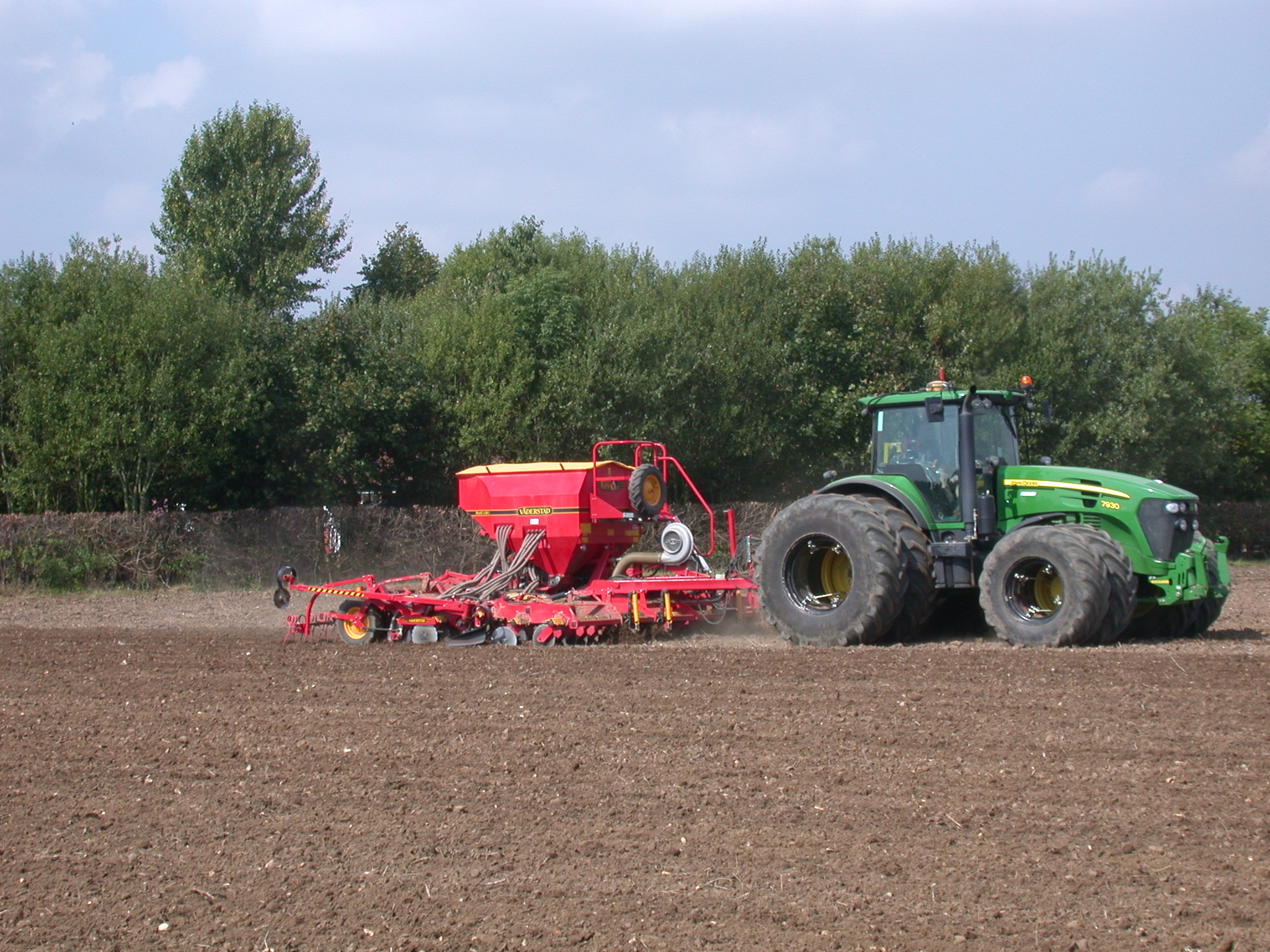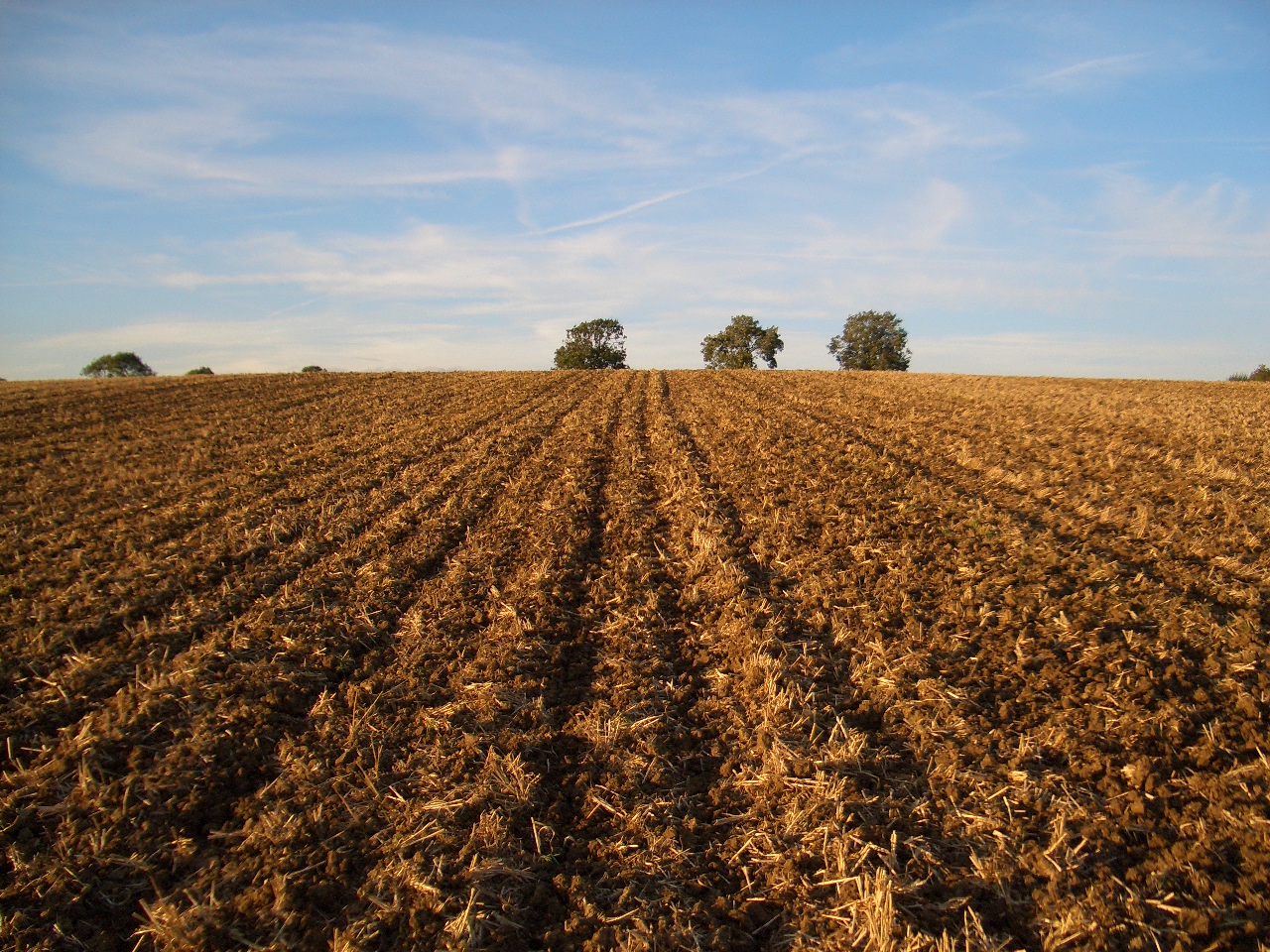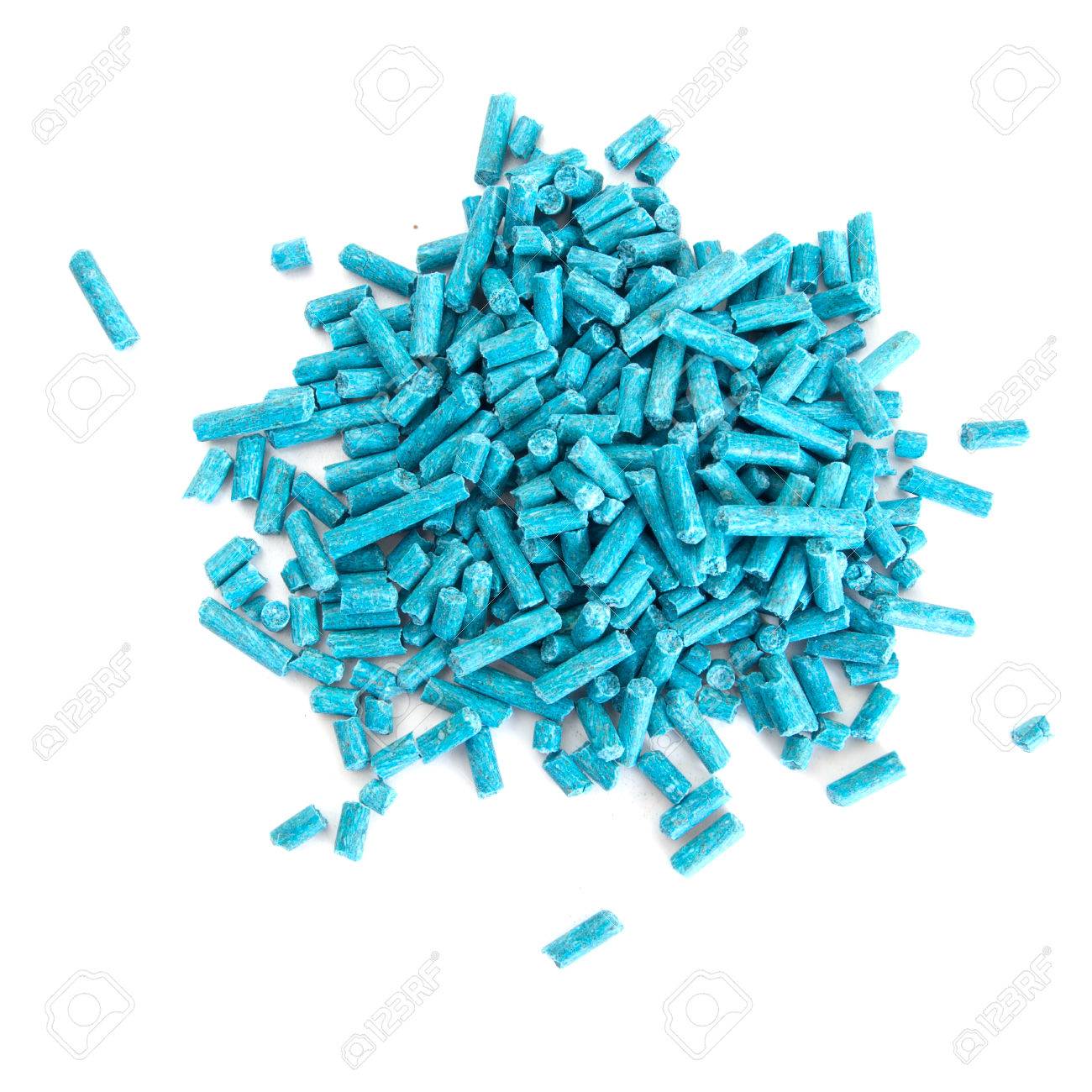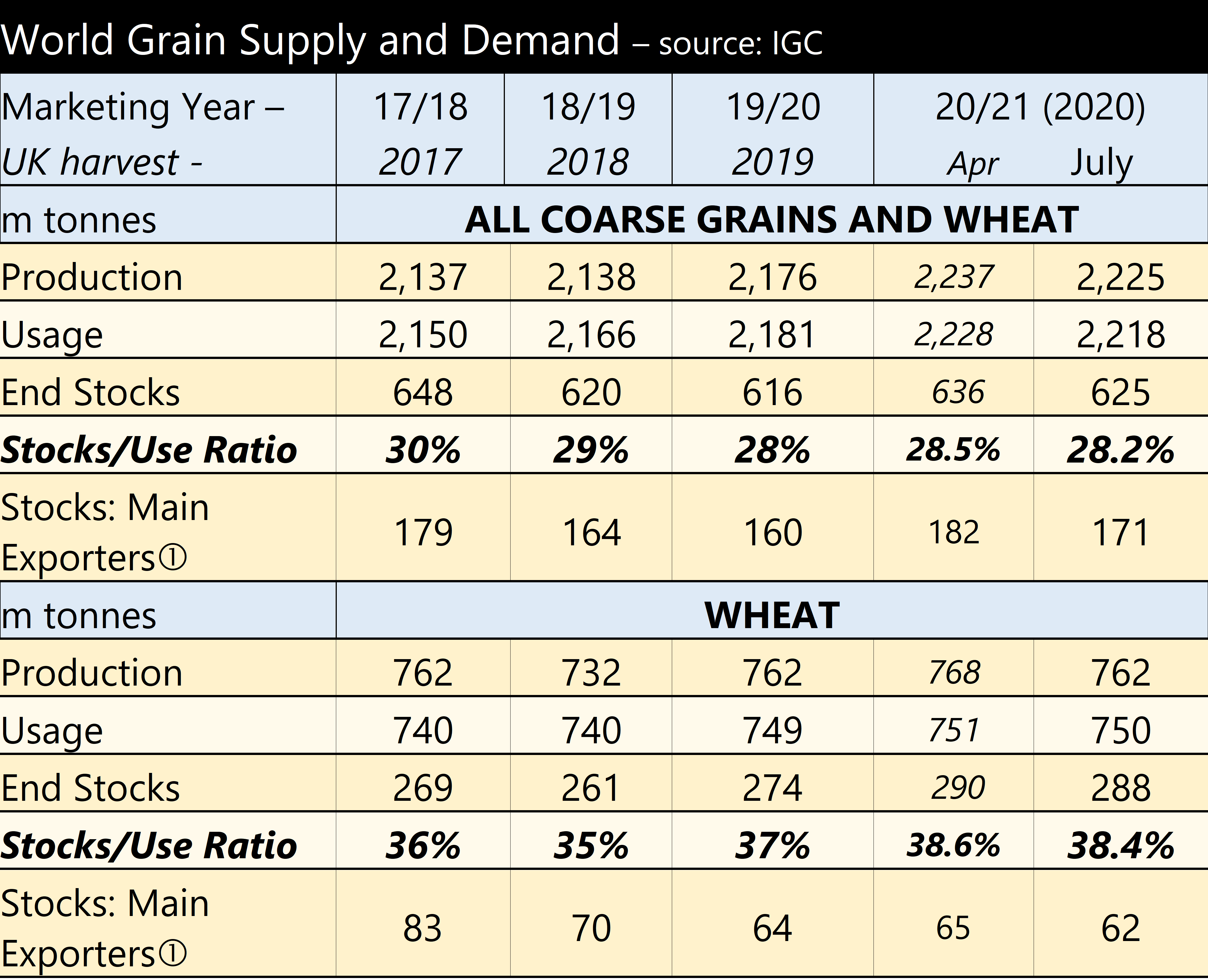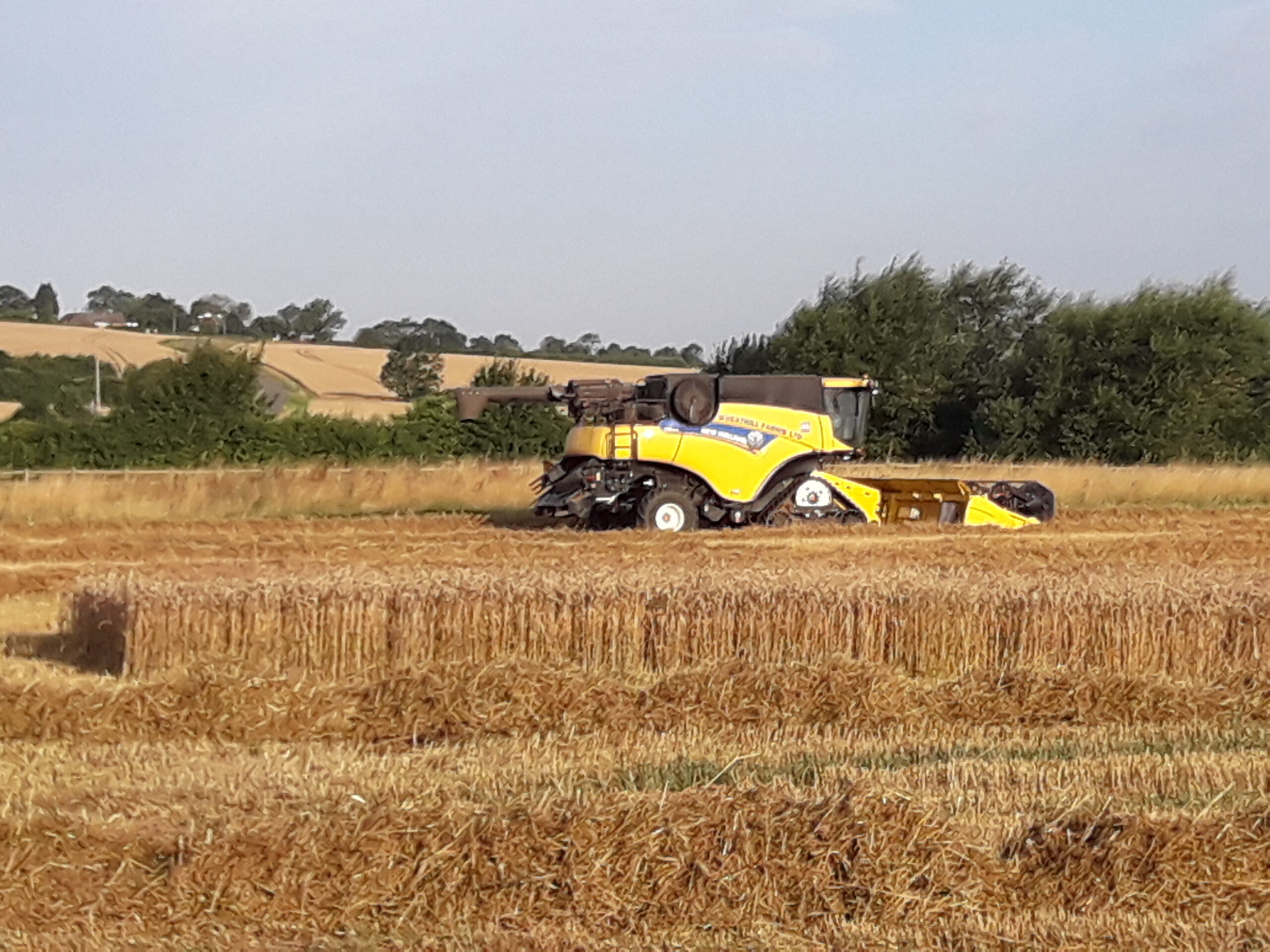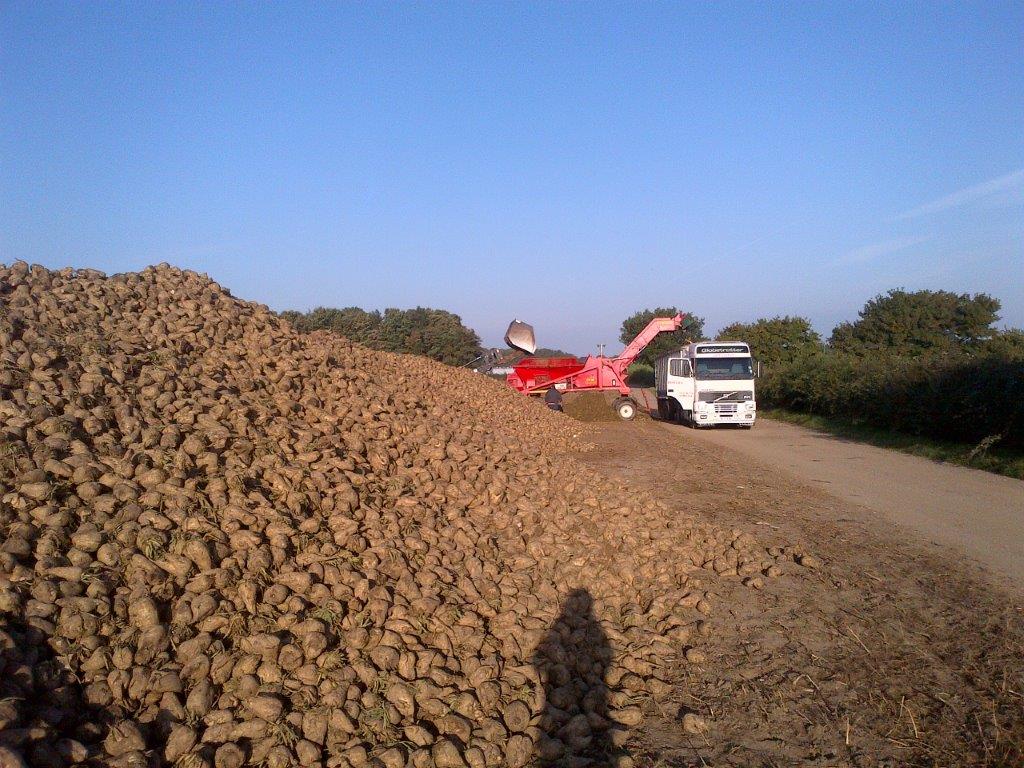Harvest Progress
Normally at this time of year, the lion’s share of harvest is completed. But with intermittent rain preventing significant progress in many parts and a considerable proportion of crops being spring sown, there is still ample to do. A roundup of the harvest so fr is set out below.
Rather inevitably, it has been uneven, more so than usual. In parts of the South and East, where more winter crops were drilled, harvest has progressed the most, indeed some might have all-but finished. Further into the Midlands, West, North and Scotland, it is only just starting, partly as rain has hampered progress, partly because there is more spring cropping here. Growers on lighter soils appear to have experienced greater yield reductions, suggesting the spring drought was more damaging to crops than the winter rains were; at least for those that made it through to harvest at all. It’s an interesting turn of fortune with light-soil farms coming through the autumn drilling challenges well, but overall might have suffered greater yield reductions.
On the whole, many growers have a higher winter wheat yield than they thought likely back in February before the rain stopped, but many fields are patchy. Most still agree yields will not quite reach the 5-year average.
Oilseed rape has been overwhelmingly poor and most opinions canvassed suggest a national yield of perhaps 2.5t per Ha will be as good as it gets. The official yield will be affected by how much land farmers decided to re-classify as fallow or was re-drilled in the spring. Plenty of farms drilled 120% of their farm this year; their failed OSR area eventually harvesting a crop of beans or spring oats. Oats are looking well nationally, especially springs. Windy rain might blow some yield from the ripe top heads. Similarly, beans are looking good overall, especially spring beans.
This is a time for harvesters to consider the order of their harvesting. If multiple crops come ripe at once, not only should they consider the total value of the crop in the field, but the potential lost value from a 1-day delay in the field. For example, if beans and feed wheat are both ready to cut, the wheat might represent greater value per hectare, but the delay in cutting the beans might lose more value from discolouration than a similar delay in the wheat.
Autumn Drilling
So what are growers going to do this Autumn? Most people are expecting a serious decline of OSR cropped area. A lower drilled OSR area is very likely, but it is possible that for harvest 2021, the volume of OSR might actually increase. We estimated a 25% write-off from this year’s OSR crop that did not reach harvest. If next year, the percentage written off falls to a more typical 7%, then a decline in planted area from our estimate of 495,000 hectares in 2019 to a possible 410,000 this autumn would still leave more harvested winter OSR as the table shows.
Possible 2021 Oilseed Rape Area, ‘000 Ha
Many growers are removing oilseed rape entirely from their cropping. Simply replacing it with another break crop may not solve the problem. Other break crops such as pulses are available and offer soil and following-crop benefits too. However, they might not demonstrate such high potential gross margins and could also become squashed in the rotation, affecting their long-term yields. Some farmers are increasingly collaborating with nearby dairy or AD farmers to offer wholecrop rye, grass fields, as well as other cereals. Interestingly, the harsh winter of 2012 led many cereal farmers to grow (spring) oats. Their positive outcome meant that oat area has been higher than pre-2012 every year apart from one. A surge in oat area this year too, might see something similar happen – depending on market demand. Spring barley area has also been on an upwards trend with possibly a million hectares being harvested in the current year. The gradual rise of spring crops can also be seen by a slow decline in winter cropping including wheat which, until 2008, topped 2 million hectares on a few occasions, and now averages 1.8 million. Spring crops not only help tackle persistent grass weeds affordably, but are cheaper to grow and spread overheads at crunch times of the year. Perhaps this year will accelerate this long-standing trend.
